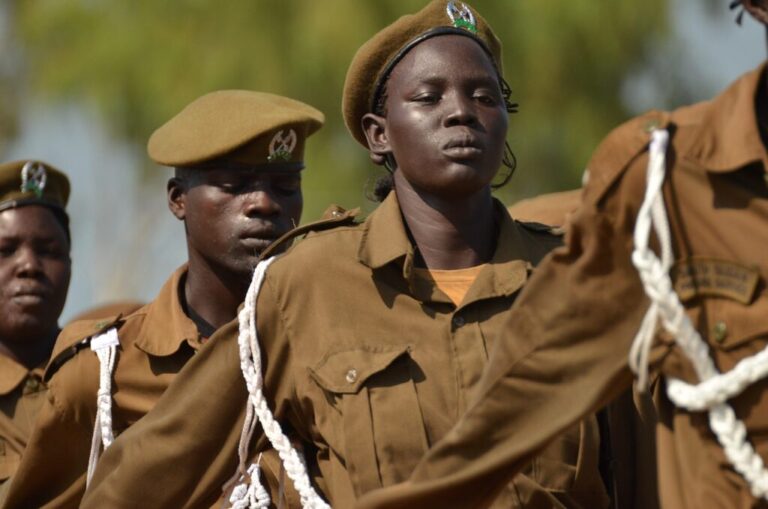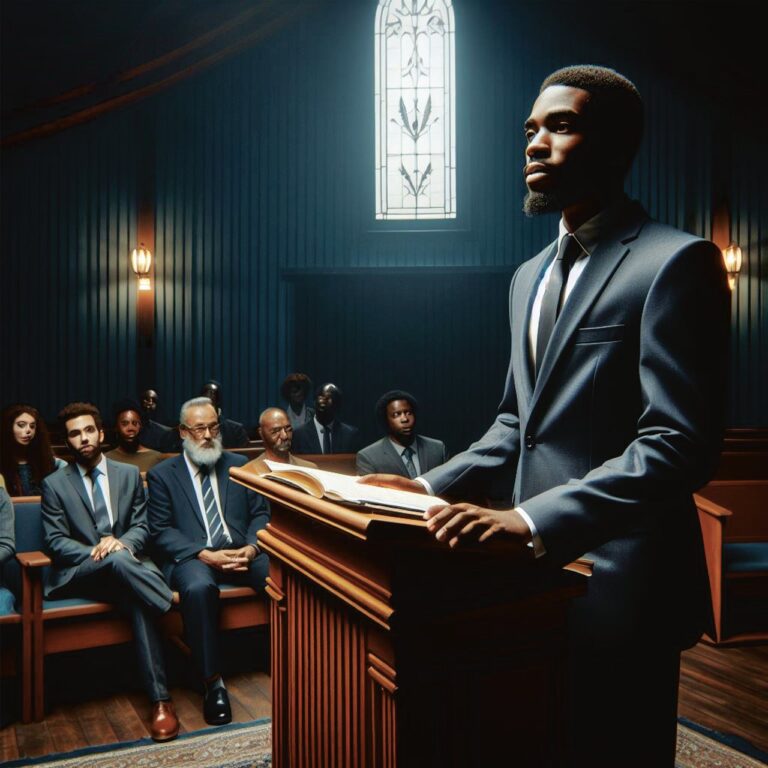State security services are at fault, rights observers say
CAIRO, Egypt: Attacks on two predominantly Christian villages in Egypt last week came after days of rising tensions, which the state’s security services did nothing to quell despite being notified of impending danger to Christians, according to a human rights group.
On April 23 and then again on Friday (April 26), hundreds of Muslims took to the streets and attacked Christians, first in Al-Fawakher and then in Al-Koum Al-Ahmar village, both in Minya Governate. Enraged villagers launched the attacks, ostensibly to prevent the construction of church buildings at each site.
According to a statement released on Monday, April 29, by the Egyptian Initiative for Personal Rights, clergy members of the Coptic Orthodox Church informed security service officials four days before the initial assault that tensions against the Christians had reached a breaking point. On April 20, Muslim villagers in Al-Fawakher reportedly heard a rumor that a Copt’s house would be used for worship, so they attacked three houses with Molotov cocktails, according to EIPR.
“Security services failed to intervene to prevent attacks before they occurred, despite their prior knowledge of the existence of tensions and sectarian incitement,” the group said.
The principal of Al-Fawakher Elementary School was harassing a few Coptic schoolgirls on the day of the firebombing. The principal expelled the students after the parents of the girls confronted him.
Moderate villagers informed Christian friends that an attack was inevitable, and the Archdiocese of Minya sought assistance twice but received little response, according to EIPR. By 10:30 p.m., crowds were on the streets, firing weapons into the air and chanting Islamic slogans.
The villagers started attacking Christian-owned homes with bricks and stones and eventually more gasoline bombs. The rioters looted the unburned houses. They beat several Christian women, though none suffered severe injuries. Videos of the attack later surfaced on social media, with posts stating the attacks were against Christians “trying to build a church in the village.”
The attack on Christians in Al-Koum Al-Ahmar started on Friday (April 26), shortly after Islamic noon prayers. It was not publicly known if mosque leaders mentioned Christians or churches at the Friday prayers, but shortly afterward, crowds chanting anti-Christian slogans began gathering in the streets.
The crowd swarmed through the Christian neighborhoods, smashing doors and windows of Christian-owned homes with stones, according to EIPR. They then went to a plot of land that an evangelical church had set aside for the construction of a worship hall and destroyed building supplies stored there. They also damaged three cars.
An evangelical congregation bought the land in 2000 for a church building but failed to obtain the required license until 2023. In January, after the congregation received permission to construct the building, roughly 100 villagers gathered at the site to prevent it. They had heard that some agreement had been reached for the church construction.
Egypt has a long-standing practice of restricting or forbidding the construction or renovation of church buildings. In 2016, the government passed the Law for Building and Restoring Churches, which brought welcome changes in approvals for the construction and renovation of worship halls. Still, significant hurdles remain for Christians who want a dedicated building for their congregation. Even if a congregation receives government approval to build, Islamists willing to employ violence can put off construction indefinitely.
There is no church building in Al-Fawakher or surrounding villages. The closest church site is an hour away by car. The village’s 40 Christian families rely on itinerant priests who meet with them in their homes. Al-Koum Al-Ahmar has a church building where Orthodox Christians meet but none for evangelicals.
According to EIPR, the attacks were hardly the first to occur in the governorate and should not have surprised Egyptian authorities in Minya. Three other violent uprisings to stop church construction have occurred in the governorate since September.
EIPR affirmed that the April 23 and 26 attacks were not “individual incidents” that were exceptional or coincidental, as government and Islamic apologists often claim, but were predictable events that could have been deterred.
“State institutions should not be subject to the blackmail of aggressors, as it is not its responsibility to respect the feelings of those who may provoked by the existence of houses of worship for Christians, but rather the state is required to protect freedom of religion and the right to practice religious rites for all its
citizens,” the EIPR stated. “Instead of intervening to protect the rights of their citizens to practice religious rites and redress the damage caused to them, official state institutions closed and prevented the construction of churches.”
Egypt ranked 38th on Open Doors’ 2024 World Watch List of the 50 countries where it is most challenging to be a Christian.








